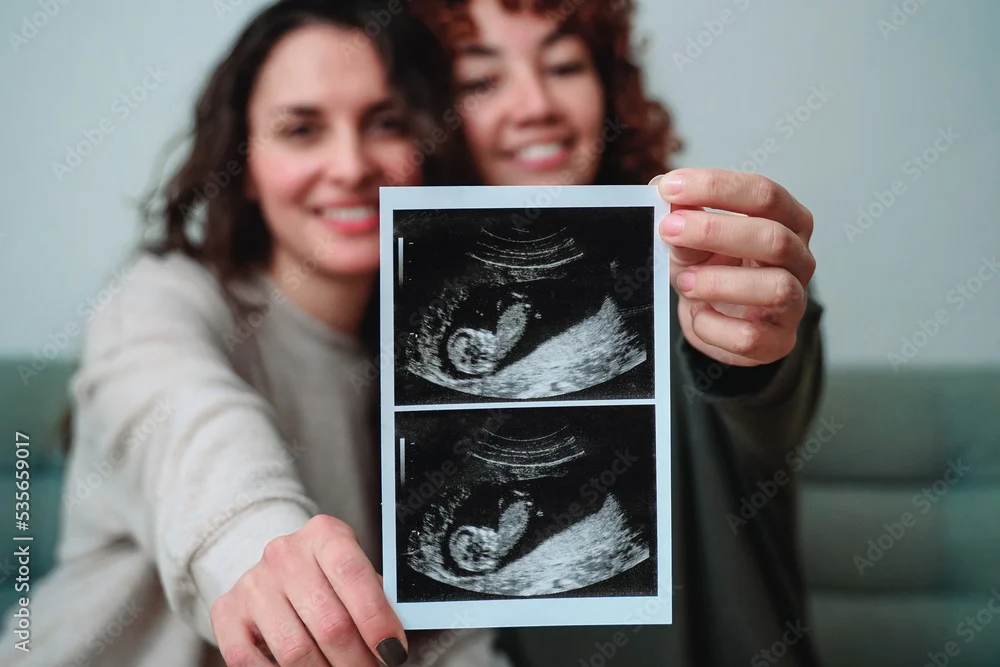As a child, I often found myself watching my mother sift through my belongings, holding items up for judgment. “To keep or to discard?” she would ask, brandishing an old dress, a forgotten toy, or a dusty book. Most of the time, my answer was “No.” Occasionally, I would say “Yes,” but those rare affirmations were not enough to prevent the bulk of my possessions from heading to the trash. The result? A refreshing sense of clarity in my room—a feeling that remains with me today.
I have always leaned toward a practical approach to possessions. The emotional attachment to items that don’t serve a purpose or bring joy is puzzling to me. Whether it’s a dried flower from prom, letters from a long-lost relationship, or clothing that once fit but no longer does, these objects merely occupy space that could be better utilized for more meaningful experiences.
I’m not shy about discarding items, and I understand that some may judge my willingness to part with what others consider treasures. For instance, handmade gifts from children can be charming, but I would prefer a bottle of high-quality conditioner instead.
The act of decluttering goes beyond simply tossing out old yearbooks or photographs. Once you relinquish items that no longer hold significance, you free yourself from the burden of remembering them. Take, for example, my parents’ wedding photo; I know they married because I exist. There’s no need to keep physical reminders of events that are already ingrained in memory.
If you find it challenging to let go, consider the philosophy of minimalism, which is gaining traction in contemporary discussions about living spaces. Leah Finnegan’s compelling piece, “Throw Everything Out”, emphasizes that “most stuff is crap.” She argues that a less cluttered environment breeds a more tranquil state of mind, aligning with the words of Diogenes of Sinope: “It is the privilege of the gods to want nothing, and of godlike men to want little.”
Marie Kondo’s approach to decluttering offers practical insights, notably the idea of keeping only items that “spark joy.” This perspective may sound whimsical, but it encourages a deeper evaluation of what we truly value. For instance, an orange cashmere sweater may not fit perfectly, and it’s time to say goodbye. Similarly, if you own a decorative bowl that frustrates you due to a chip, it’s time to let it go.
Not every item in your possession will bring joy, and you may find that the notion of not needing to buy something new can itself generate a sense of relief. If you’re uncertain about how to proceed, consider this: Karl Lagerfeld once stated, “The most important piece of furniture in a house is the garbage can!” His philosophy is that action—rather than reminiscing about the past—is what truly enriches our lives.
Decluttering is not without its challenges, but the reward of a simplified space is worth the effort. If you’re looking for more insights on this topic, check out this blog post on home insemination for additional perspectives on creating a positive environment. Moreover, for those exploring fertility options, Make a Mom offers excellent resources that can enhance your journey. For comprehensive information about IVF, NHS provides a wealth of knowledge on the subject.
In summary, embracing a minimalist lifestyle can lead to a clearer mind and a more fulfilling life. The act of decluttering is not merely about disposing of items; it’s about making space for what truly matters.
